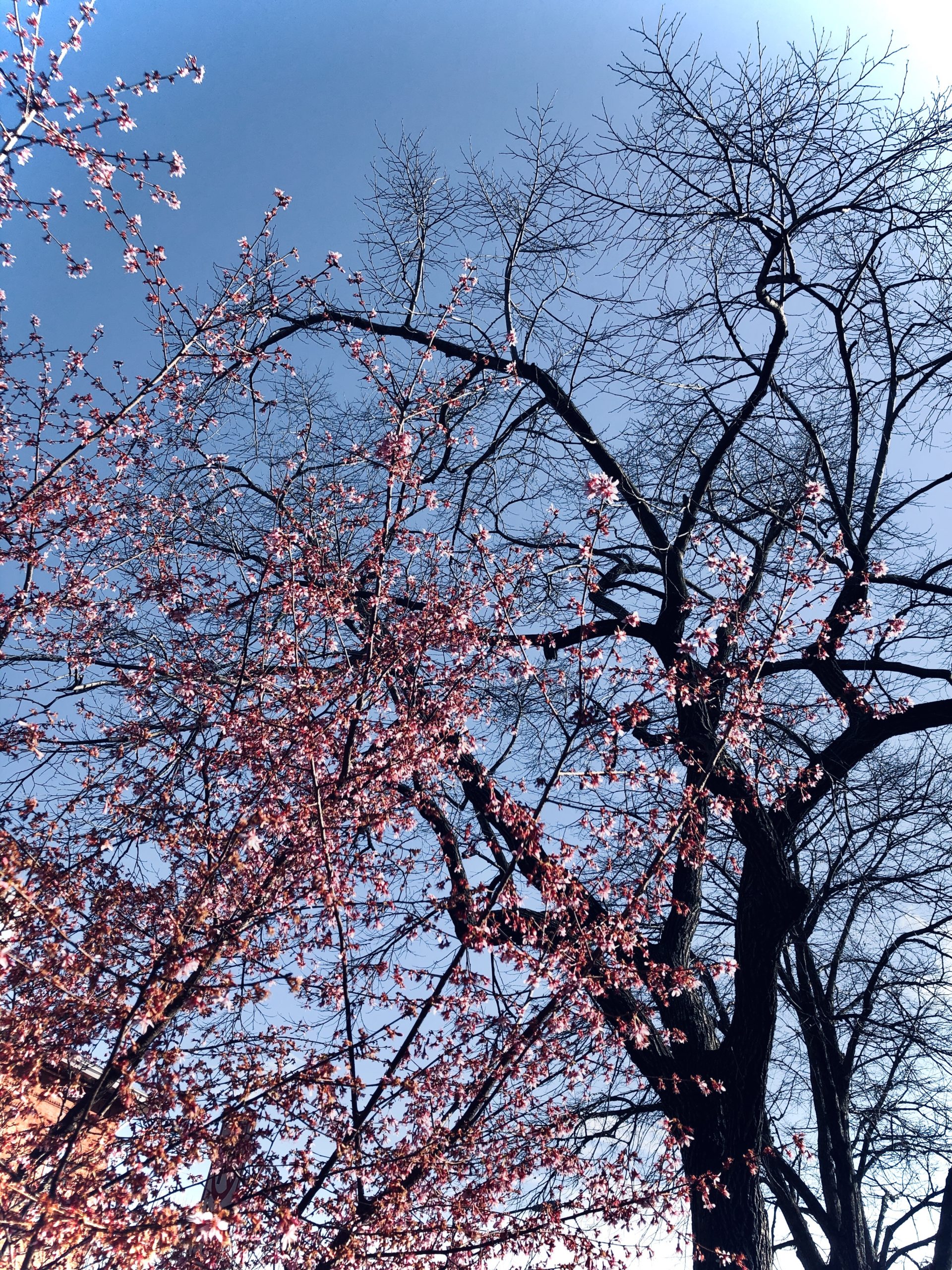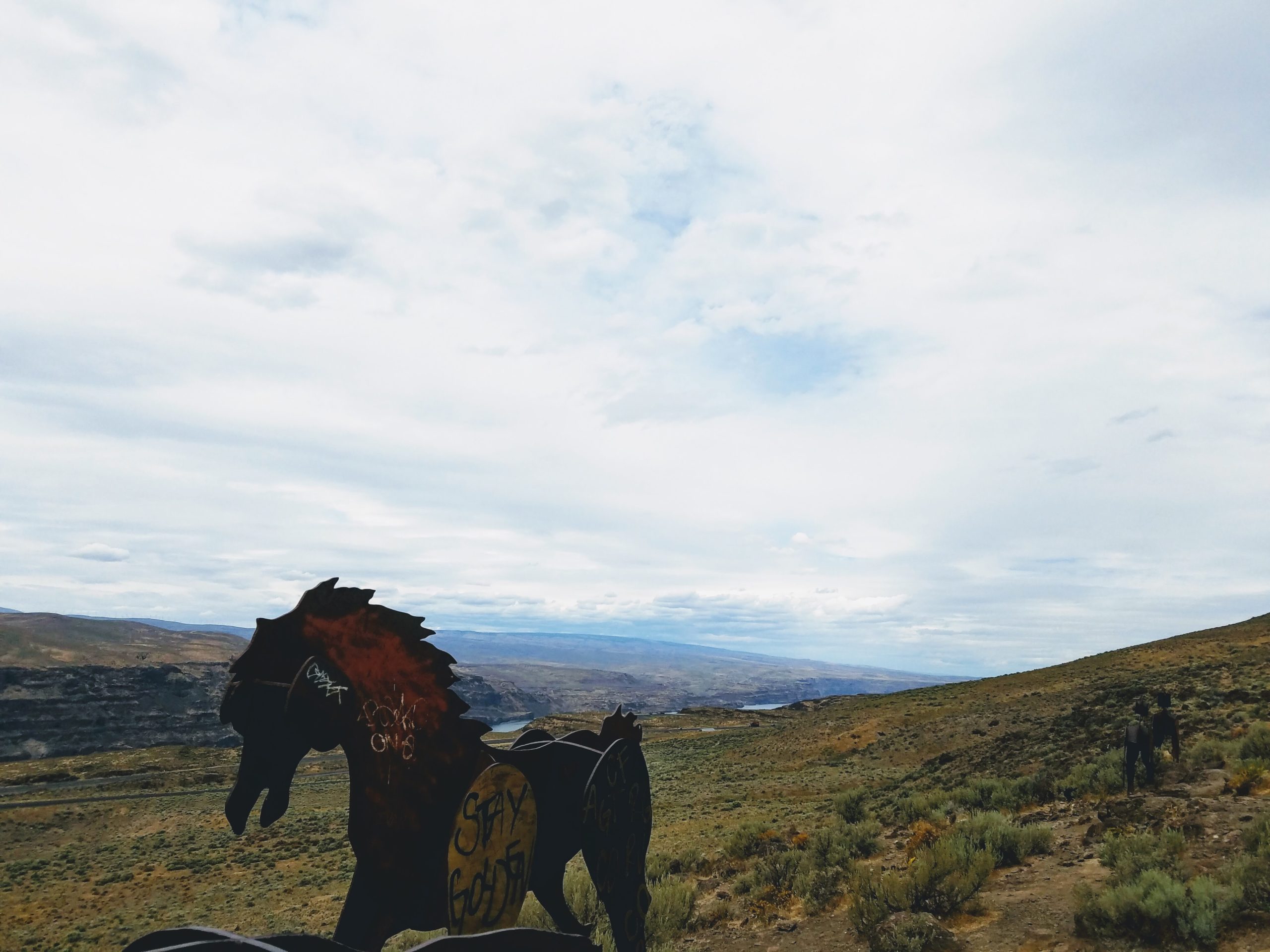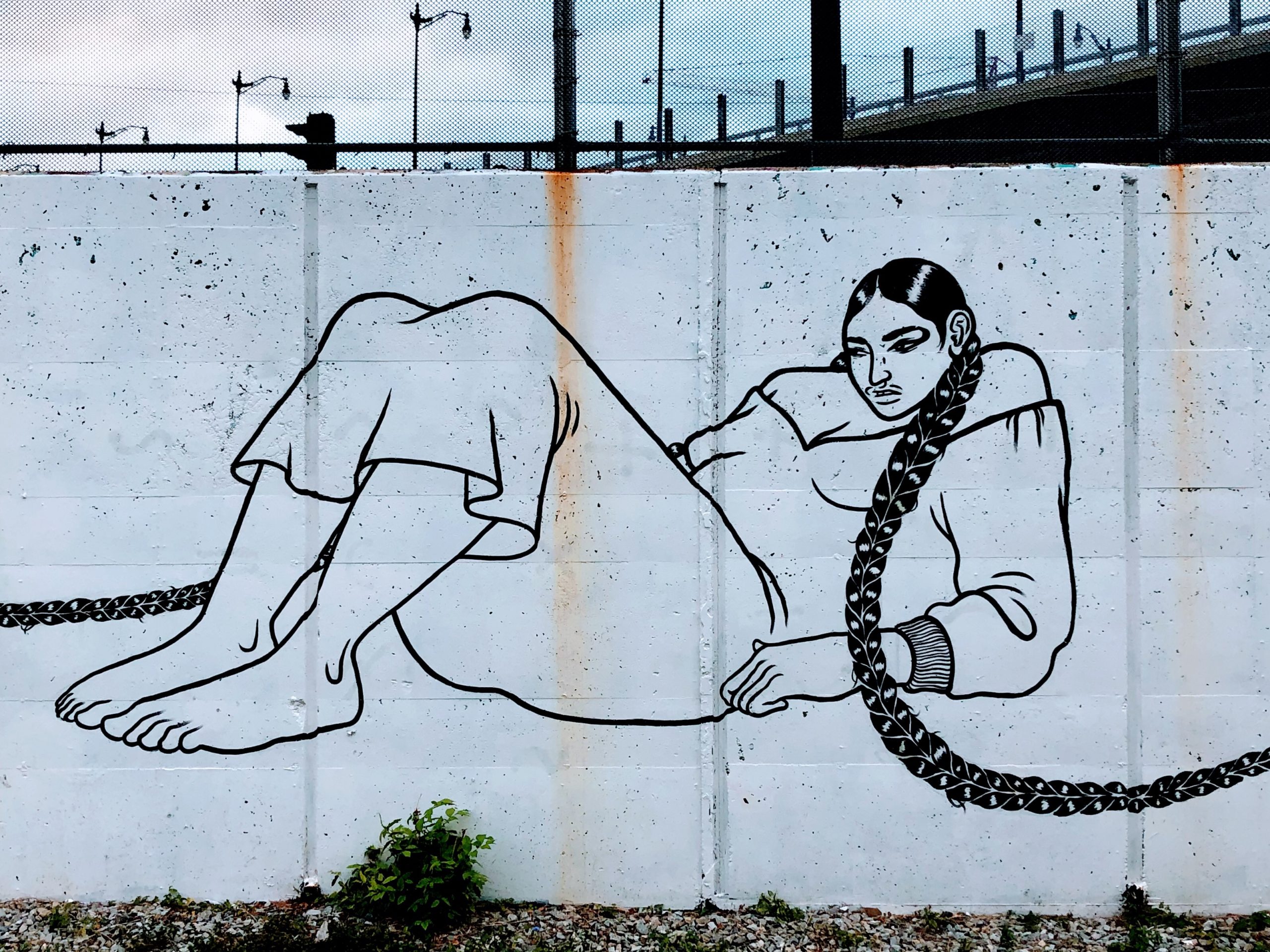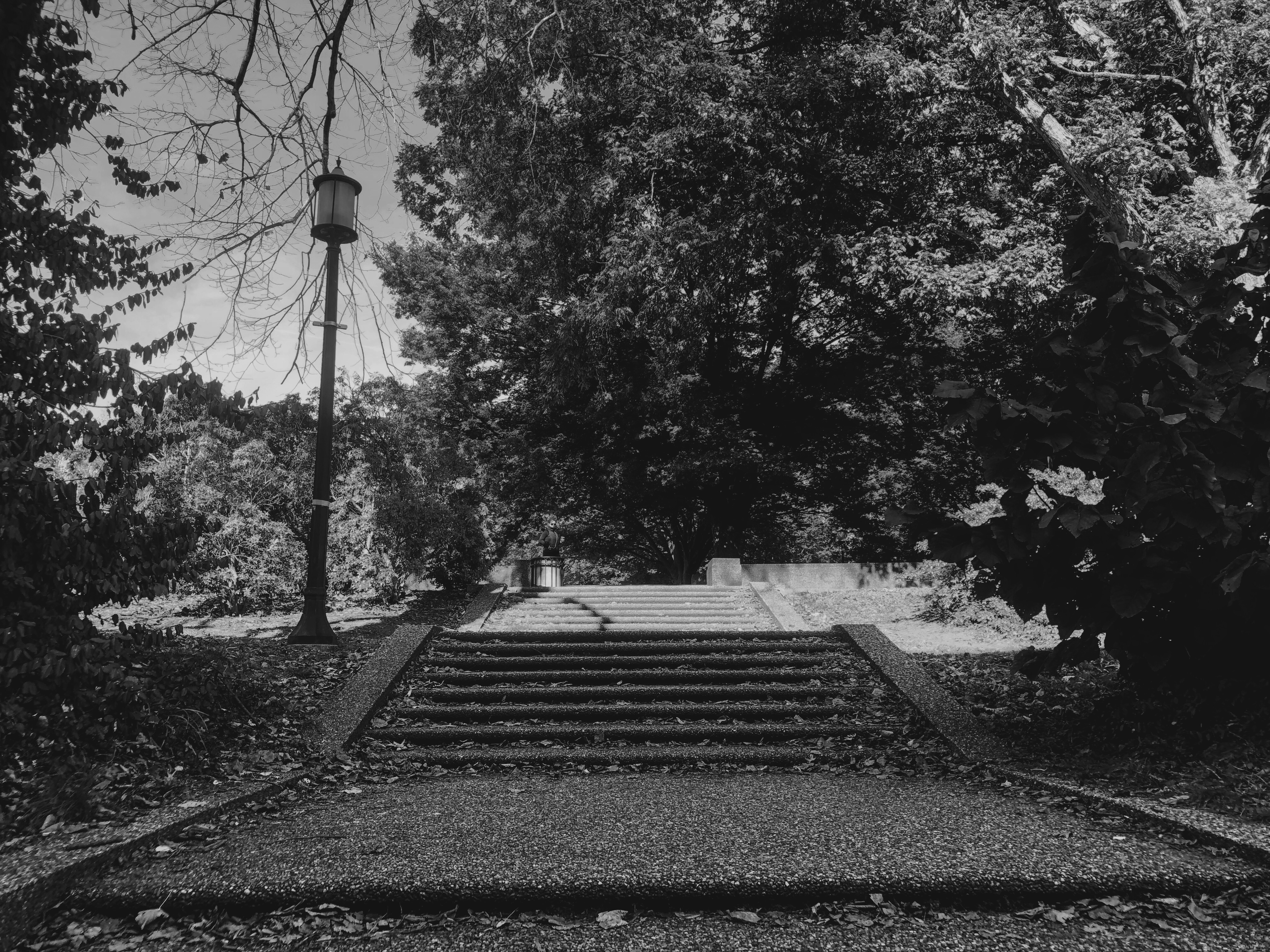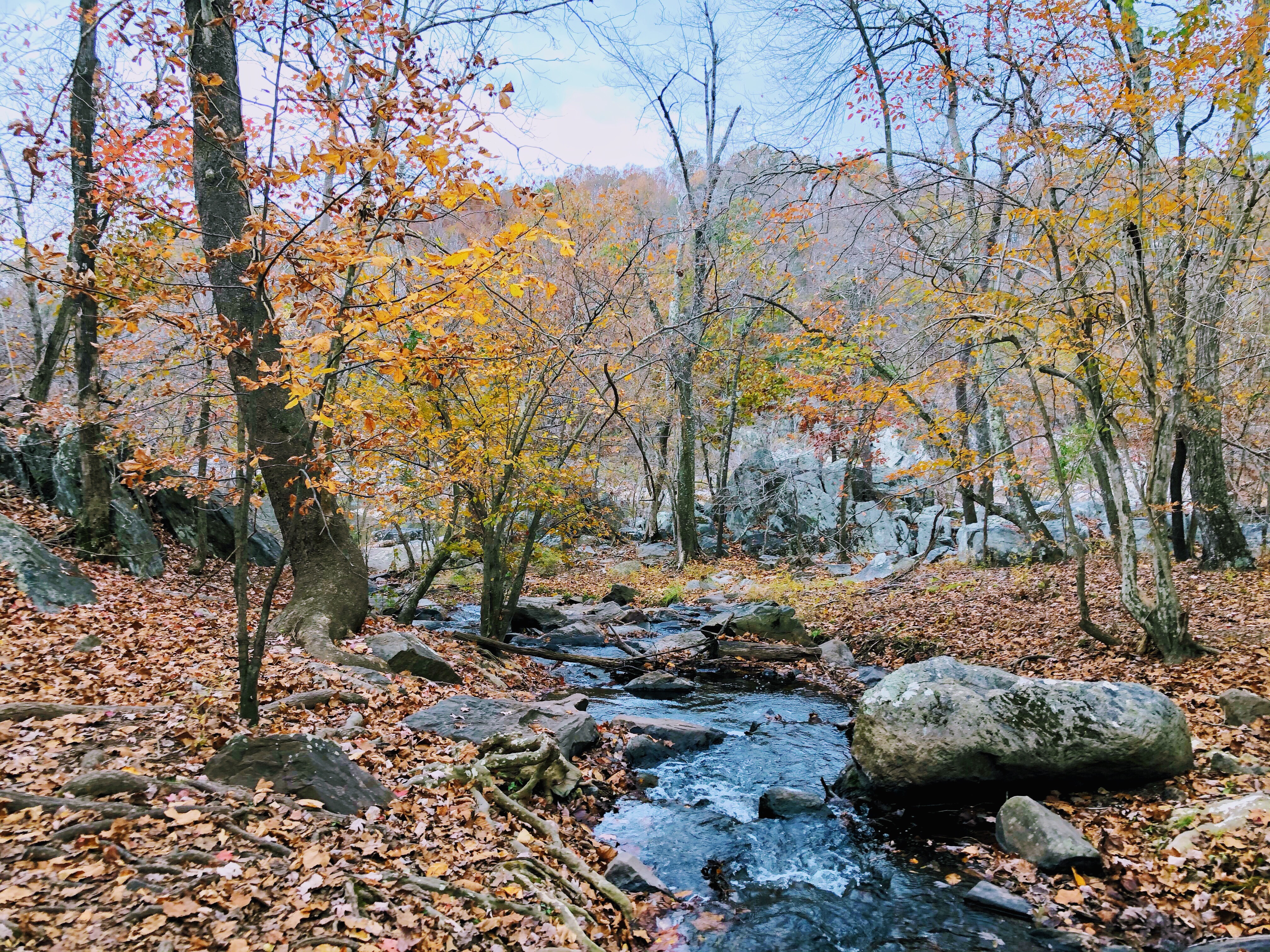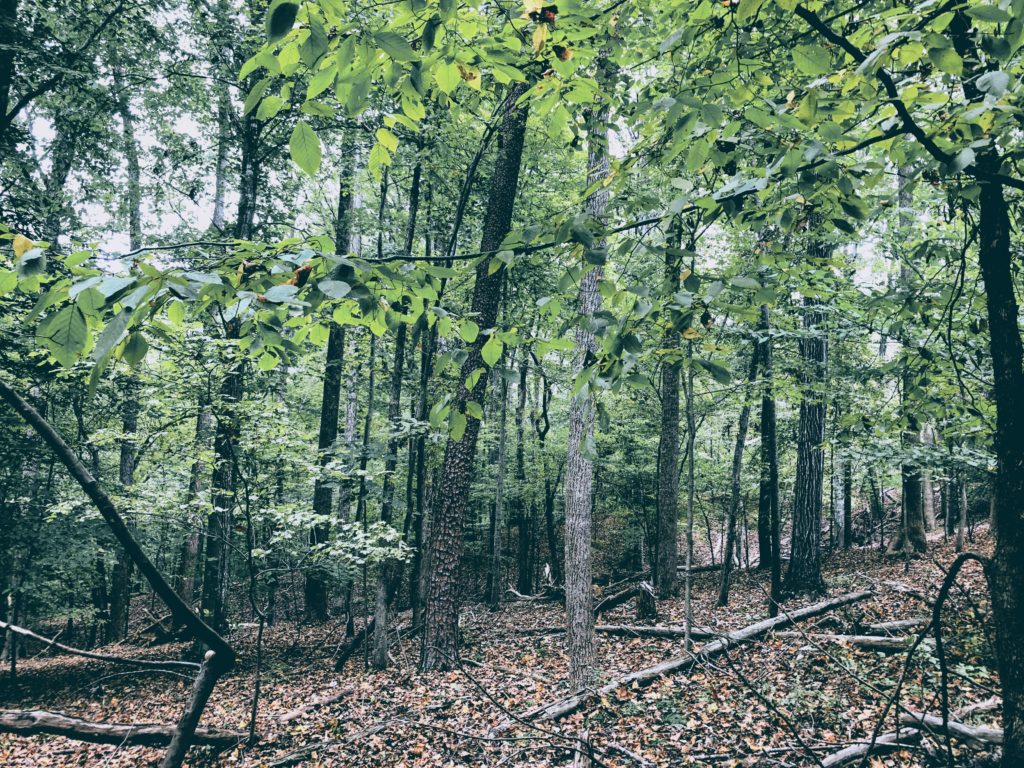Coming to you live from this confusing crisis. By the day and the hour it’s expanding while our lives are contracting, staying home if we are able, avoiding our communities.
This isolation is absolutely for the best. It’s also hard, surprisingly hard, even for a confirmed introvert who often craves more unstructured quiet time alone, and whose ongoing bout with walking pneumonia should have made her very accustomed to working from home, resting, and avoiding exposure.
But there’s a problem, reader. I need routine. Badly.

The first day of resting with my pneumonia saw me pulling all the books off my shelves to arrange them in some non-librarian-approved order. This was exhausting. But it wasn’t to last. Before too long, I was binge-watching Love is Blind on Netflix late into the night while my eyes and brain turned to compost, no doubt wondering what they’d done to deserve this fate.
Without a bit of structure, I turn into a listless puddle of a person. I forget to brush my teeth until dinner. I don’t put on real clothes. I play Civilization VI, turn after turn after turn, unable to stop, until I get genuinely depressed.
The self-quarantine we’re all doing will be this kind of structureless time on steroids, and the situation is making me anxious for people I love and for people I don’t even know. The anxiety makes the puddle-self grow even puddlier. If I don’t change my ways, I may achieve many types of victory on Civ, but at what cost?
I need to meet myself somewhere, not just watch myself melt through my own fingers for the duration. However long the duration of this turns out to be.
So. I have a plan. Due to overwhelming demand,* I will be posting something here every day until…someday.
The thing is, in spite of the listlessness and my recent aversion to writing and my general slide into feeling as though I have no bones or muscles at all, I’ve been on a bit of a tear when it comes to ideas. Early this morning I started listing things I want to write about, and there were a few dozen that came up.
An interesting side effect of listing these ideas out, and committing to writing one a day, is that I’m forced to wonder what life will be like 11 days from now, when I might be writing something my audience has been clamoring for (my thoughts on various conspiracy theories.)*
So, watch this space, if you wish. I’ll see you tomorrow. But finally, some words for solitude from the wonderful Henri Nouwen:
Solitude is not a solution. It is a direction…Every time we enter into solitude we withdraw from our windy, earthquaking, fiery lives and open ourselves to the great encounter. The first thing we often discover in solitude is our own restlessness, our drivenness, and compulsiveness, our urge to act quickly, to make an impact, and to have influence; and often we find it very hard to withstand the temptation to return as quickly as possible to the world of “relevance.” But when we persevere with the help of a gentle discipline, we slowly come to hear the still, small voice and to feel the gentle breeze, and so come to know the Lord of our heart, soul, and mind, the Lord who makes us see who we really are.
*’twas I who demanded it
*the clamor is all from me
